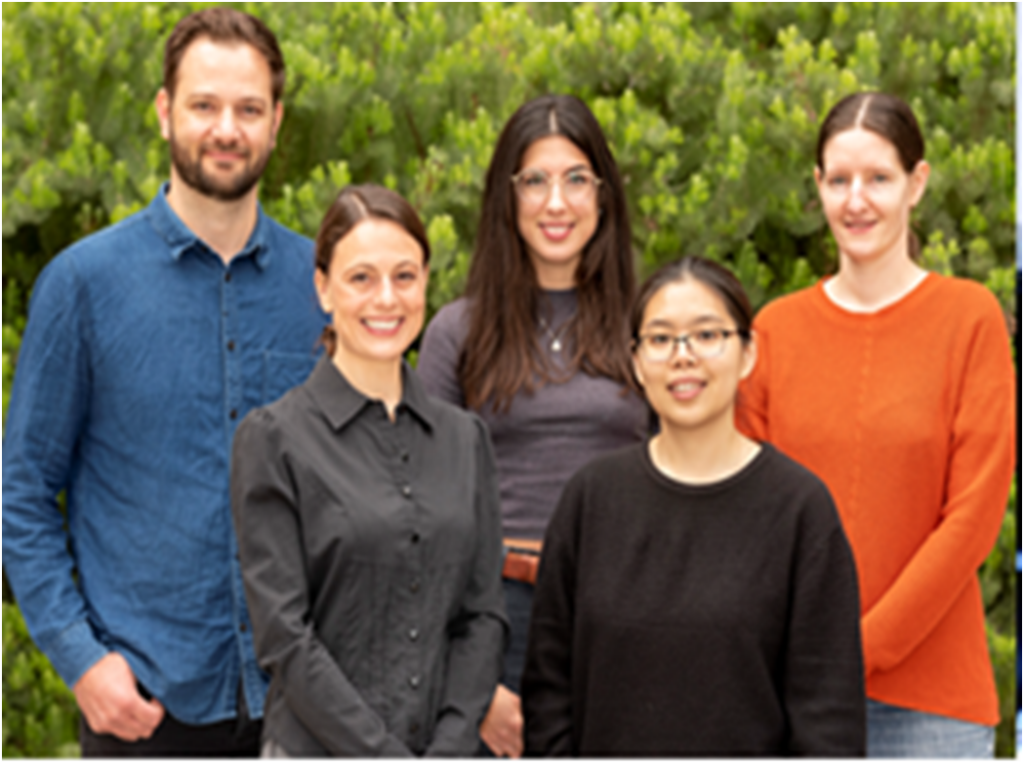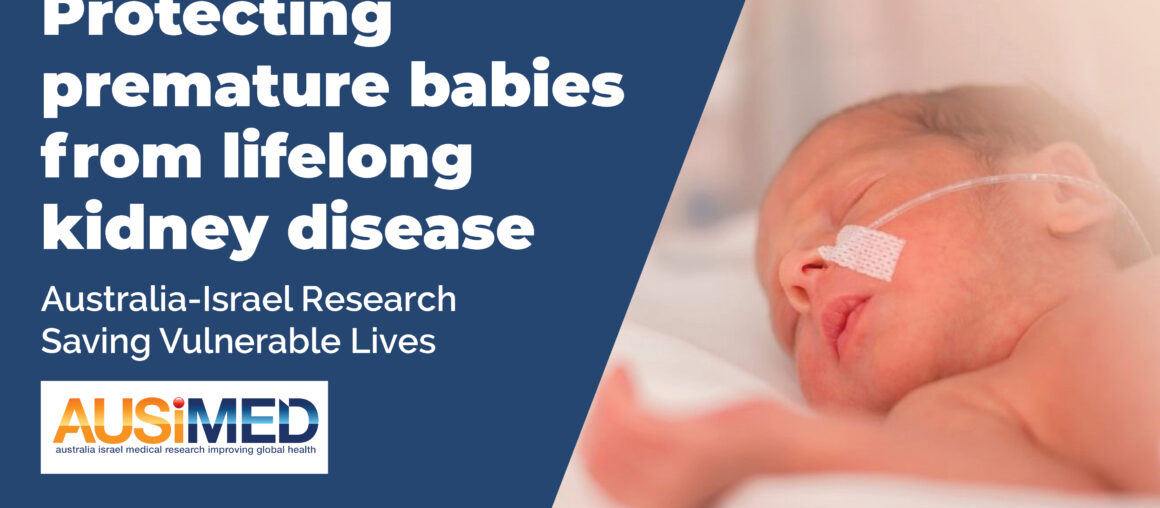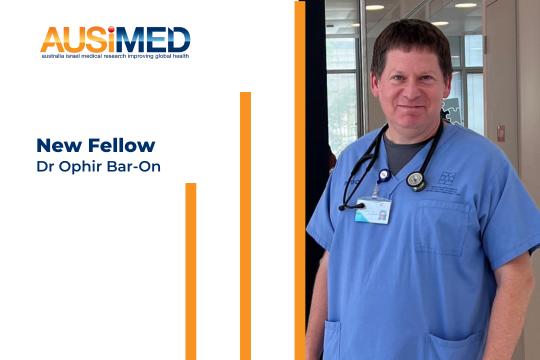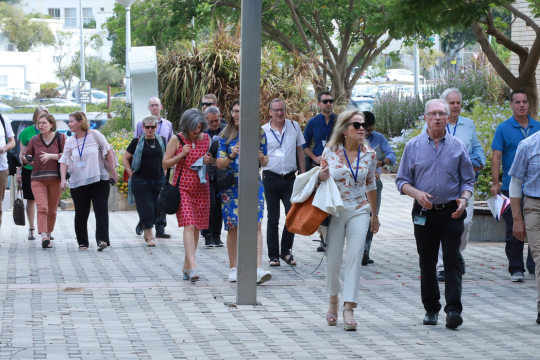PROTECTING PREMATURE BABIES FROM LIFELONG KIDNEY DISEASE
WHEN DR ALEX COMBES AND DR ODED VOLOVELSKY MET IN 2014 THEY RECOGNIZED THEY WERE A PERFECT MATCH. Both were trying to gain a better understanding of the mysteries of kidney development. But they were like two people trying to bridge a chasm from opposite ends. At Oded’s end, he had a ward full of children with kidney health concerns. His strategy was to develop a mouse model of the problem, but the tools available to him to study what was happening in the mouse kidney were limited. Alex, at the other end, was a laboratory scientist in Australia, striving to understand the dance of development: how do cells choreograph their movements to form organs? It’s a question that has mystified scientists since the time of Aristotle. Alex wanted to probe the fine-grained detail of how the organ was built at the cellular level and what instructions were driving this process. To do that, he developed some breathtaking techniques. One was the ability to see individual nephrons, the basic structure unit of the kidney, with such resolution that he was able to count them. Alex then dived in to take a look at what was going on in individual cells that were forming the nephron. Analysing thousands of them, he was able to read the genetic instructions they were following. Alex publicised his techniques in the scientific literature. Oded read the papers and saw the way to advance his research in mice.
Soon Alex was on a plane to meet Oded in person; they began collaborating and soon made a surprising discovery. When they inactivated a single gene in Oded’s mice (called TSC-1), their pups were born with larger kidneys that carried more nephrons! Oded and Alex realized they had glimpsed the trailhead for an entirely new clinical path. Rather than treating children with existing kidney disease, they could seek to prevent it in the first place.
In Australia one in ten babies are born prematurely.
These babies are born with a major deficit in the number of nephrons in their kidneys and have a 3-5 fold increased risk of developing Chronic Kidney Disease (CKD) in their lifetime.
This is because the development of the kidneys – happens in the third trimester. An individual’s nephron “load” is fixed at birth – for life and we progressively lose vital nephrons over our lifetime. The earlier the birth the greater the risk.
CKD is characterised by progressive decline in kidney function and poor quality of life.
Oded and Alex now know that when they inactivated the TSC-1 gene, they removed a blockage on a set of instructions that prompt kidney development. That instruction set is called the mTOR pathway.
Odel and Alex’s proposed way forward is to try and mimic in human babies the result they saw with mice pups. But not by inactivating a gene. Rather, they believe they can achieve a similar effect with drugs. They now know that when they inactivated the TSC-1 gene, they removed a gag on a set of instructions that prompt kidney development. That instruction set is called the mTOR pathway.

Dr Volovelsky and his team at Hadassah-Hebrew Uni Medical Centre
In 2023-24, recognising the power of combining the expertise and skills of these two world-leading researchers and thanks to AUSiMED’s generous donor community, AUSiMED funded the first year of a ground-breaking research collaboration between Combes lab at Monash University and the Volovesksy lab at Hadassah Hebrew University Medical Center. This funding has enabled the two teams to work together to make substantial progress in understanding the intricate relationship between prematurity and kidney development using a mouse model developed by Oded’s team, where the pups are born prematurely.
But this is just the beginning:
The next critical stages of this research collaboration are to test some of the existing drugs that have been developed to stimulate the mTOR pathway using the mouse model of prematurity and for Alex’s team to use its cutting-edge technology and expertise in advanced imaging to determine the impact of these therapies on nephron number and kidney function.
If successful, this research could lead to clinical trials to pioneer a new therapeutic strategy to hasten kidney development in premature babies.

Dr Combes and his team at Monash Uni
According toAlex, “We’ve identified a number of points that we recognise scientifically as opportunities for intervention and points of correlation with human (kidney) development and disease and, we are very well positioned because of our clinical scientific, and methological expertise to tackle the question. So, I think we are in a veryexciting place and it would be really significantscientifically and medically to continue this work.”
For fifteen million babies born prematurely each year, a simple drug treatment at birth might one day spare a lifetime of kidney disease.







